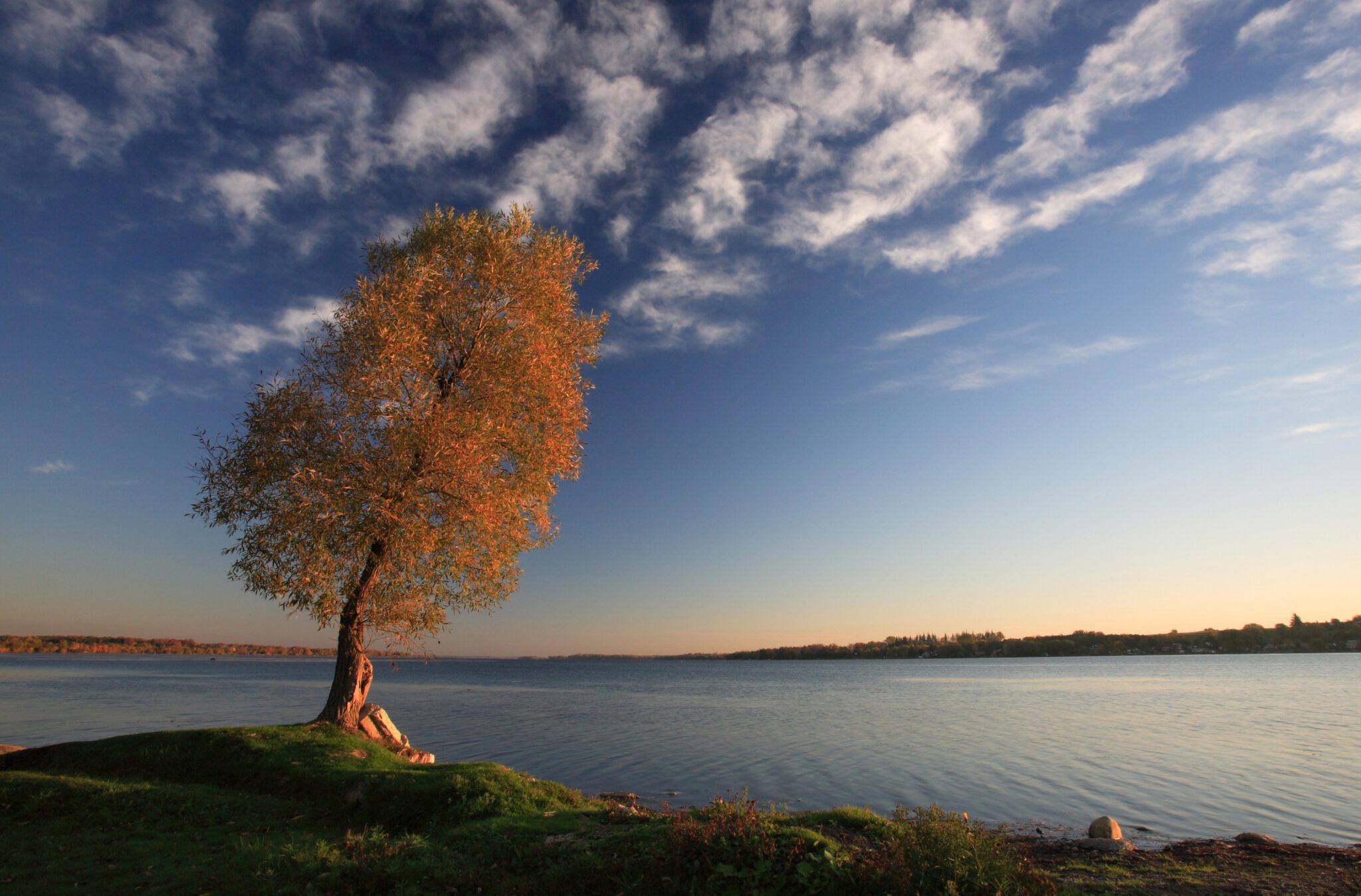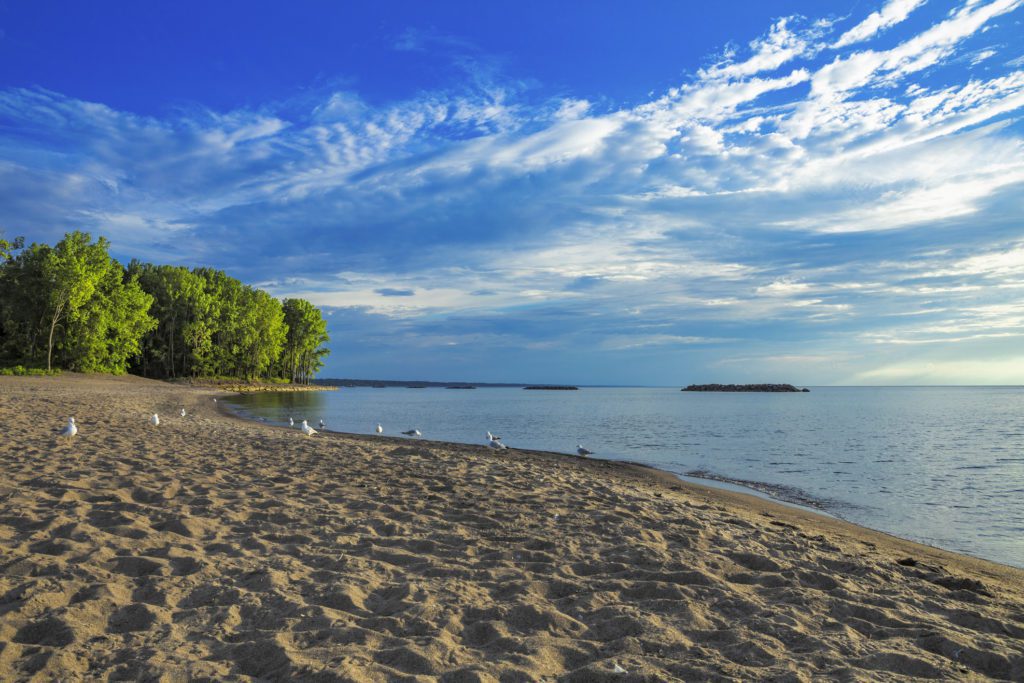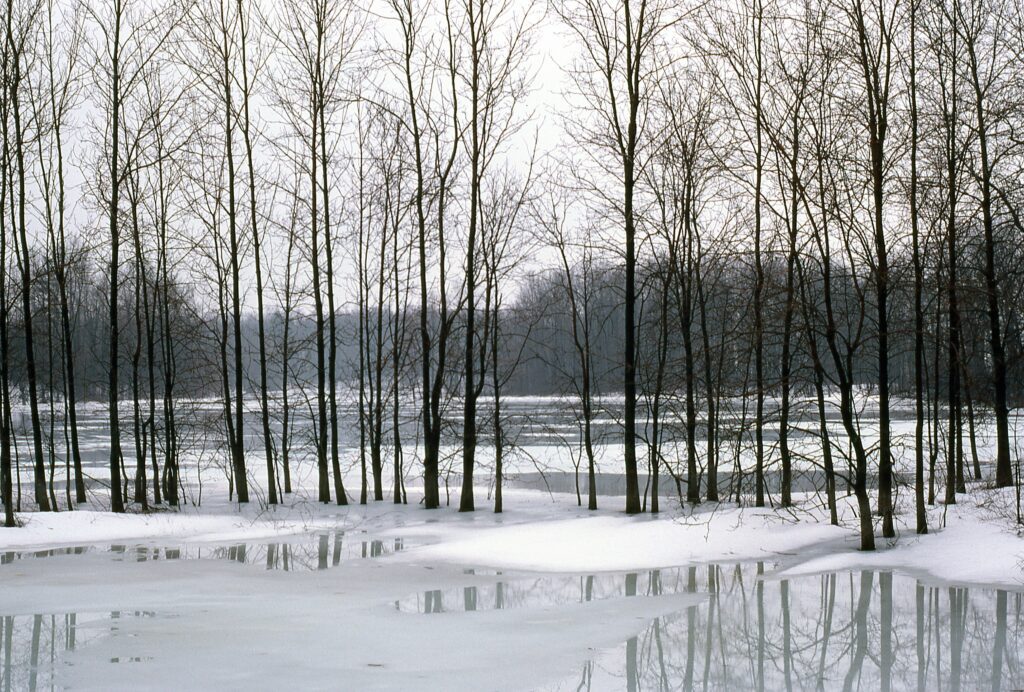In a “good news” turn of events, Scugog’s town council voted against a development project that could have spelled doom for a significant wetland in Port Perry.
It appears that Council was swayed by weeks of Indigenous and community advocacy. Members and residents sent hundreds of emails, and spoke at this month’s Planning and Community Affairs (PCA) and Town Council meetings. The Mississaugas of Scugog Island First Nation publicly opposed the development, and Chief Kelly LaRocca gave a passionate deputation to council. Together, their hard work paid off, and the wetland is safe…for now.
Avenu Properties had asked Scugog Council to request a provincial Ministerial Zoning Order (MZO) to speed up their development project, which included a road through the wetland, a risky communal sewage project on the shores of the lake, hundreds of parking spots, and potential shoreline and in-lake projects (like a potentially polluting marina!). Justifiably, the community questioned the need for speed, given the proposed development’s location on a sensitive wetland along the shores of the lake. Numerous residents called on the town to demand that the developer follow the usual permitting process, including submitting environmental, water, and geology studies.
Phil Pothen, Environmental Defence’s Ontario Environment Program Manager spoke at the town’s PCA meeting. In his remarks he made clear that development itself was not the problem. Towns like Scugog need homes, and building in areas that are already developed is necessary—but a development project on a wetland is a terrible idea.
Wetlands are special and unique places. They are home to lots of different kinds of plants and animals, including much-loved critters like turtles, frogs, and birds. They clean our water, store vast amounts of carbon, are places to hike, paddle and birdwatch, and prevent flooding. They are truly amazing ecosystems.
Unfortunately, this isn’t the first time a development project has threatened a wetland, and it likely won’t be the last. Southern Ontario has already lost 72 per cent of its original wetlands, and in the Greater Toronto Area and the agricultural southwest, even more have been lost—up to 85 per cent.
Wetlands have been drained, filled, paved, and damaged by human activity since colonization. Settler activities to conquer the land, making way for rail lines and farming, viewed wetlands as obstacles to be cleared. That mentality, sadly, hasn’t changed much.
Today’s policies and laws are too focused on “offsetting”, instead of preservation and protection. Offsetting is doing something to try to make up for harm. So, for example, this could look like replacing an original wetland that the developer sees as “inconvenient” with a human-made pond in a location that works better for the developer. But wetlands aren’t uncomplicated objects like Swedish bookshelves. They are full of complex life that has established itself over time. You can’t just replace them when they get damaged in a move. Wetlands take anywhere from 10 to 10,000 years to recover after a disturbance.
That’s why we need Ontario’s rules to protect what’s left of its wetlands. Flood prevention, water purification, carbon sequestration, and more are all services Ontario’s wetlands provide free of charge, but are estimated to be worth upwards of $14 billion in economic benefit each year.
We’re thrilled that Port Perry’s wetland is safe for now, but it’s inefficient to fight one wetland development project at a time. We need Ontario to rewrite the rules for wetlands. No more wetland loss. Period. Will you join us?








